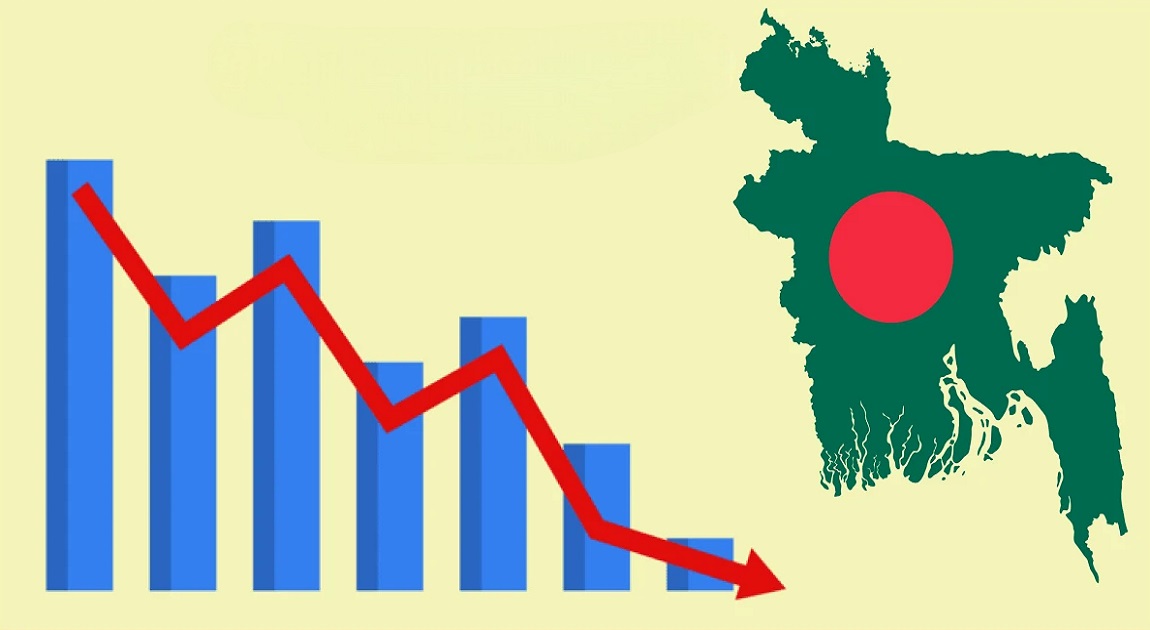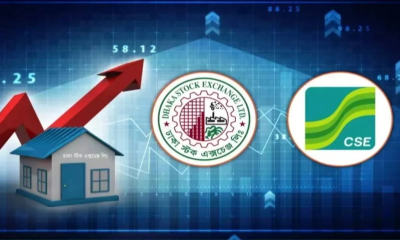The Asian Development Bank (ADB) has expressed concerns that retaliatory tariffs imposed by the United States could negatively affect Bangladesh’s Gross Domestic Product (GDP) growth in the current fiscal year 2025-26.
In its recently released Asian Development Outlook (ADO) July update, ADB has revised downward its growth forecast for the country, citing slowdowns in export and industrial sectors alongside the impact of the US tariffs. However, the exact GDP growth rate was not specified.
The July update of ADB’s outlook generally provides regional economic analysis without country-specific forecasts for GDP growth or inflation. The previous April edition had projected Bangladesh’s GDP growth at 5.1% for 2025-26.
In April, the US administration announced a 37% retaliatory tariff on Bangladeshi products, later reduced to 35%, set to take effect from August 1.
The Bangladesh government is currently negotiating with US officials to address the issue. If enforced, the new tariffs would increase duties on exports like ready-made garments to the US market.
Business leaders fear this could significantly reduce exports and negatively impact the broader economy.
Regarding inflation, the July ADB report noted a slight easing in price pressures during the outgoing fiscal year, attributing it to global commodity price stability and tight fiscal and monetary policies. Consequently, the inflation forecast for fiscal year 2026 remains unchanged.
The April report had predicted average inflation to moderate to 8% in 2025-26. Bangladesh has experienced high inflation for the past three years, but recent months have seen some relief.
According to the Bangladesh Bureau of Statistics (BBS), overall inflation in June dropped slightly to 8.48%, the lowest since July 2022. Food inflation peaked at 14.10% in July 2024 — the highest in 13 years — and remained above 10% for seven consecutive months before declining below that threshold in the last five months.



















-20260222063838.webp)















